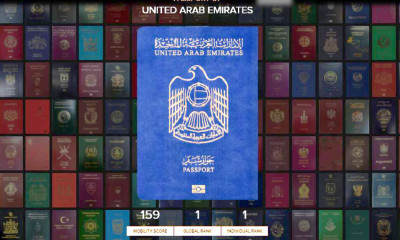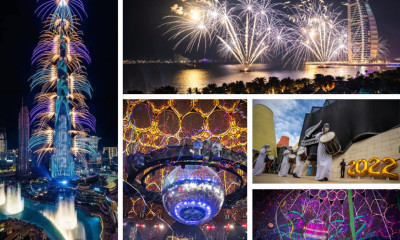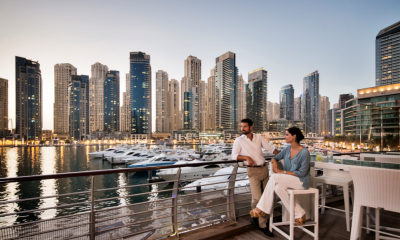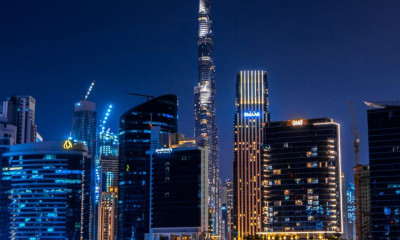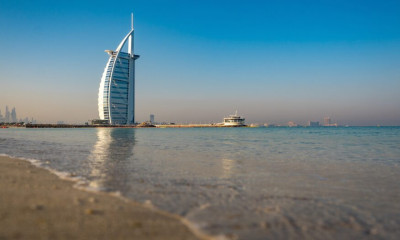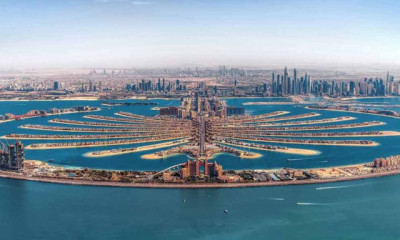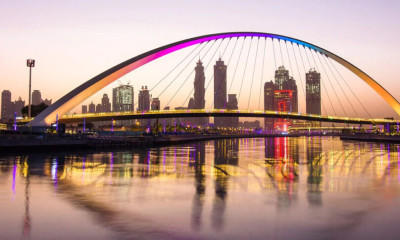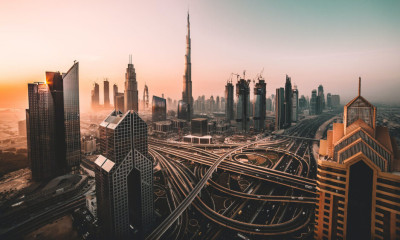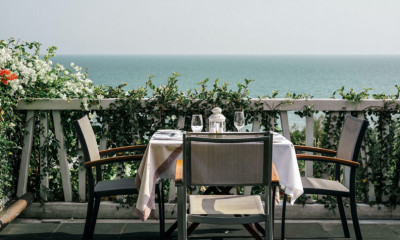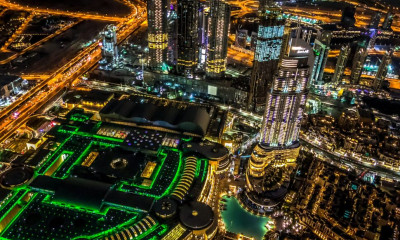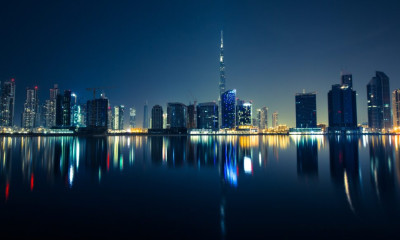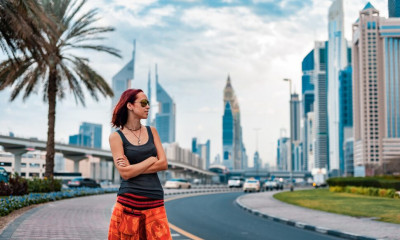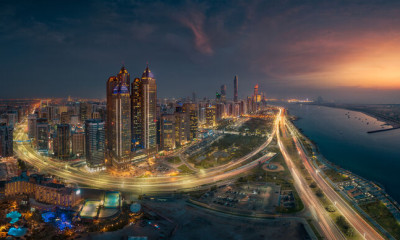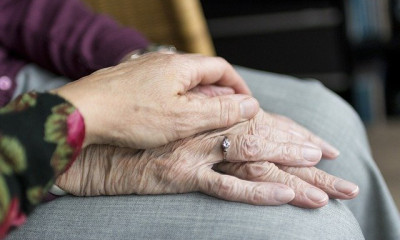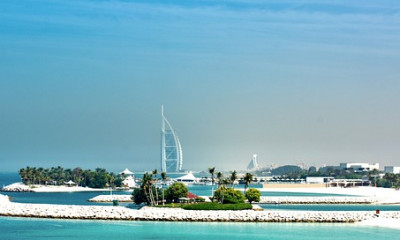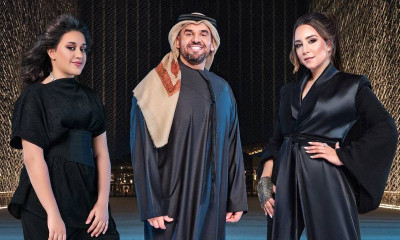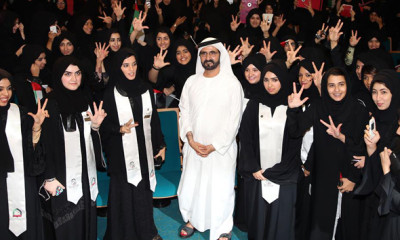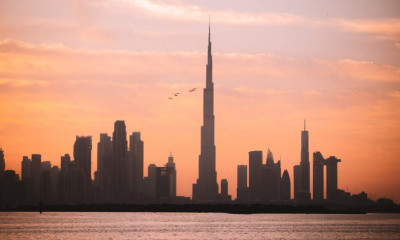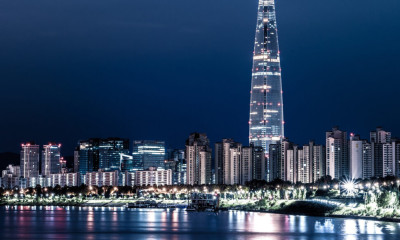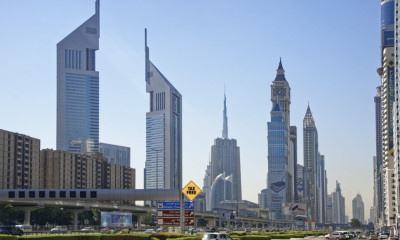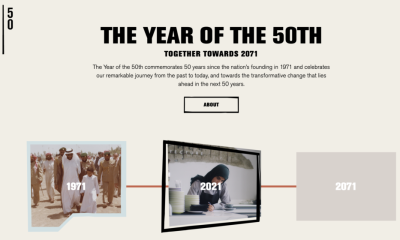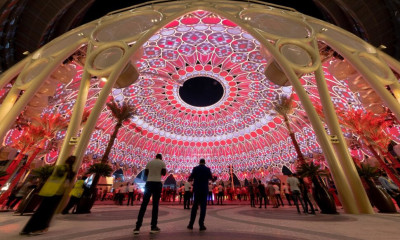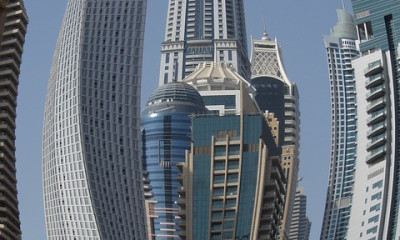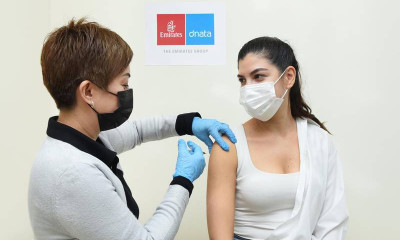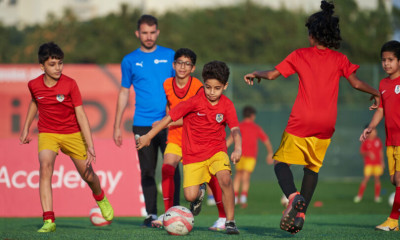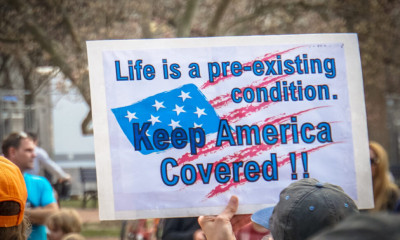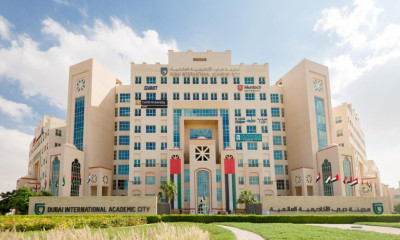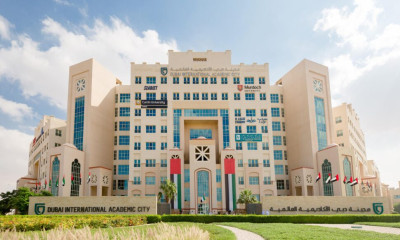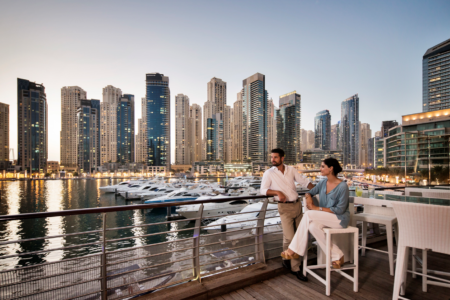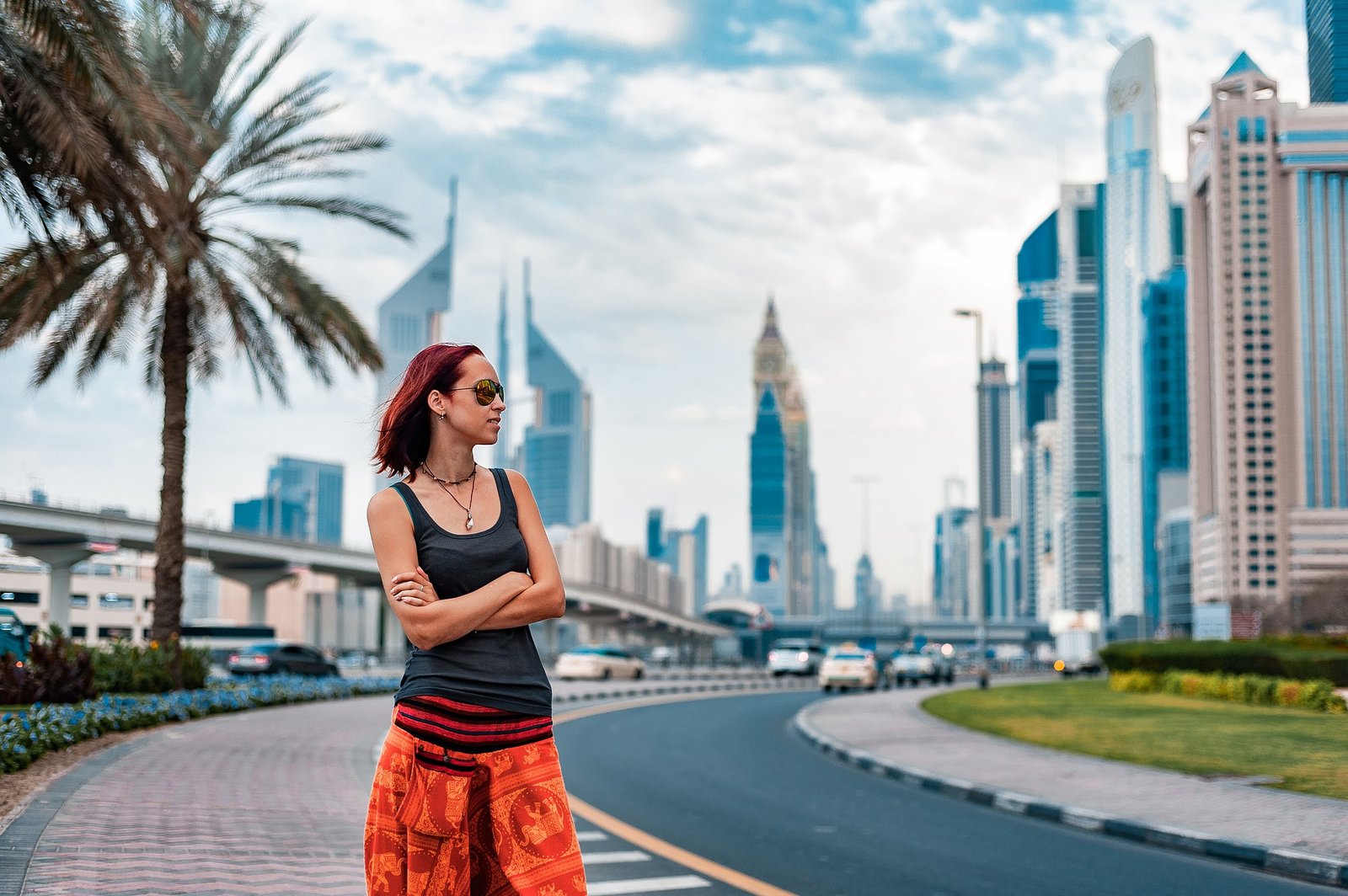
This should come as no surprise to anyone who lives in the UAE or has visited the country even briefly. The UAE ranks as the world’s safest destination for women in an authoritative global study by Georgetown University. The UAE tops the ranking for women’s personal safety in the third edition of the Women, Peace and Security Index. A vast majority – 98.5 per cent – of the UAE’s women respondents confirmed they felt safe within their communities.
The UAE has one of the highest per-capita concentrations of surveillance cameras in the world to monitor the streets, tourist attractions and keep track of crimes. Singapore ranks No. 2 on women’s personal safety, with 96.9 per cent of respondents saying they felt safe in the city-state. The index plotted the percentage of women aged 15 and older who reported if they felt safe walking alone at night in the city or area in which they lived. Afghanistan ranked the lowest in the study.
The study was conducted by the Georgetown Institute for Women, Peace and Security and the Peace Research Institute Oslo.
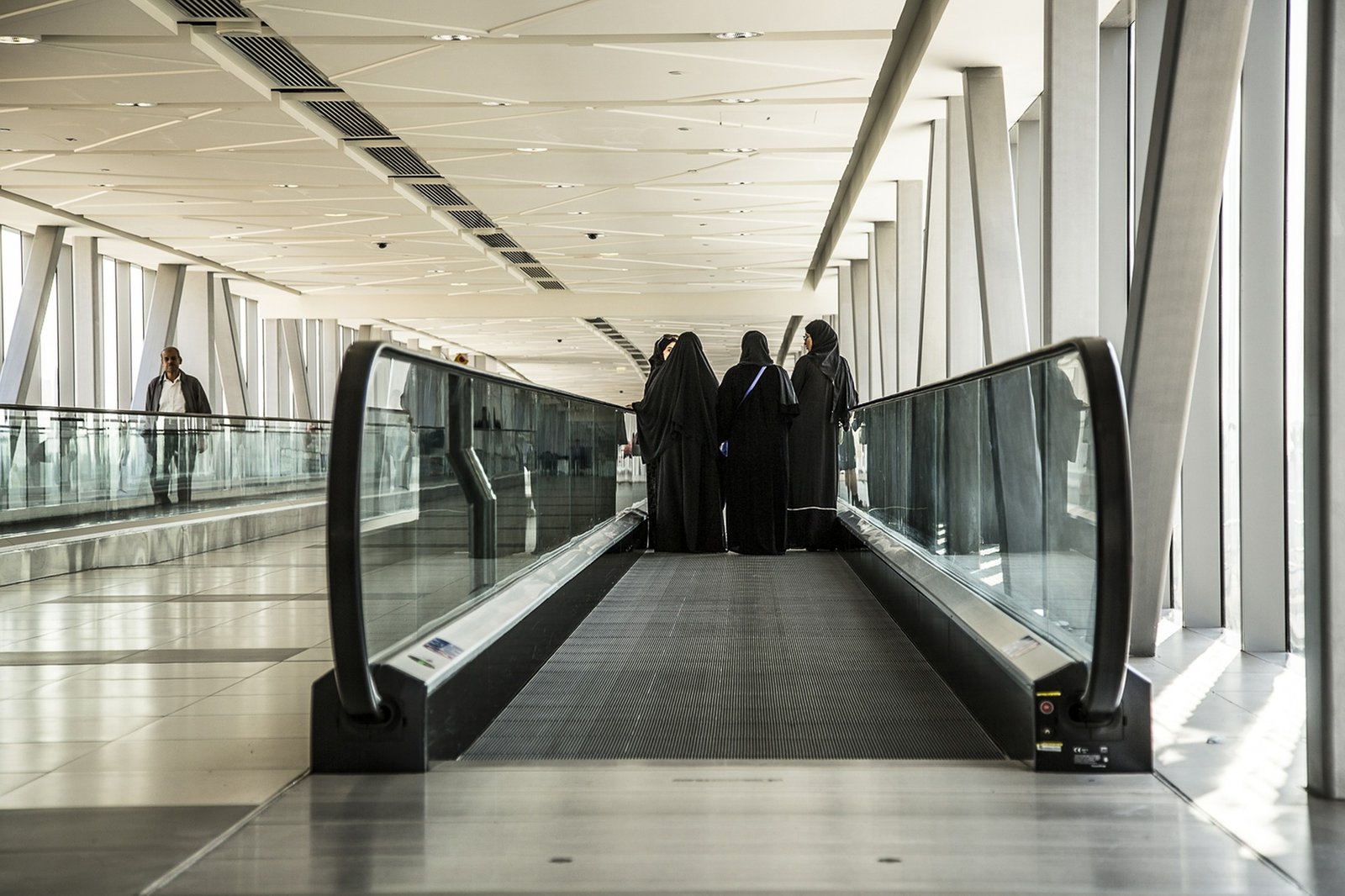
UAE: A leader in gender equality
The UAE is not only safest for women, but it is also ahead of its peers on parameters such as opportunities for women, gender equality and equal pay. The Report lists the UAE as a “leader in promoting gender equality in the Middle East.” It ranks it among the “five most improved countries in the overall index”, with gender gaps narrowed by at least 4.4 percentage points.
In 2019 and 2020, the UAE approved 11 new laws and legislative amendments to strengthen women’s rights and ensure their overall empowerment. The country’s anti-discrimination law prohibits discrimination based on sex and gender. In March 2020, a new domestic violence law came into effect that included provisions enabling women to obtain restraining orders against abusers.
Women in the UAE can drive, vote, work, and own and inherit property. An earlier report by the World Economic Forum (WEF) ranked the UAE the second-best country in the Middle East and North African (Mena) region for gender equality.
Tracking the progress of women and pinpointing persistent structural gender inequalities are critical to informing equitable policymaking. Researchers said measuring this safety perception was critical to a woman’s mobility and influenced her ability to look for opportunities outside the home.
The UAE was perched at the top for women’s personal safety in the Women, Peace and Security Index, now in its third year, with 98.5 per cent of the UAE’s women respondents confirming they felt safe within their communities
Women’s safety: The global picture
UN Women, an entity dedicated to gender equality and empowerment of women, says sexual harassment and other forms of sexual violence in public spaces are an everyday occurrence in urban and rural settings in almost every country around the world. “Women and girls experience and fear various forms of sexual violence in public spaces, from unwelcome sexual remarks and gestures to rape and femicide,” it says.
“It happens on streets, in and around public transportation, schools, workplaces, public toilets, water and food distribution sites, and parks. This reality reduces women’s and girls’ freedom of movement and their ability to participate in school, work and public life negatively impact their health and well-being,” says UN Women.
In the developed world, more men than women felt safe walking alone at night in countries such as Australia and New Zealand. Latin America performed poorly on community safety. A little more than one woman in three felt safe at night, compared with almost four women in five in East Asia and the Pacific. More than 80 countries showed improvements, with the number of Malaysian women who felt safe rising from 31 per cent to 49 per cent.
Women in the UAE are allowed to drive, vote, work, and own and inherit property. An earlier report by the WEF ranked the UAE the second-best country in the Mena region for gender equality
Safest for women: UAE’s historic reforms
The UAE was also among 16 countries where the representation of women in parliament increased by at least 10 per cent. Women’s parliamentary representation still averages only about one in four globally.
In 2019, the UAE introduced historic reforms to enhance women’s economic empowerment including equality between women and men in applying for passports; allowing women to be heads of households; introducing legislation on combating domestic violence and criminal penalties for sexual harassment in the workplace; prohibiting gender-based discrimination in employment and dismissal of pregnant women; and removing job restrictions in sectors, such as mining, imposed on women.
The World Bank’s Women, Business and the Law (WBL) 2021 study reported the improvement in the UAE’s overall score increasing from 30 out of 100 points in 2019 to 82.5 out of 100 points in 2021.



